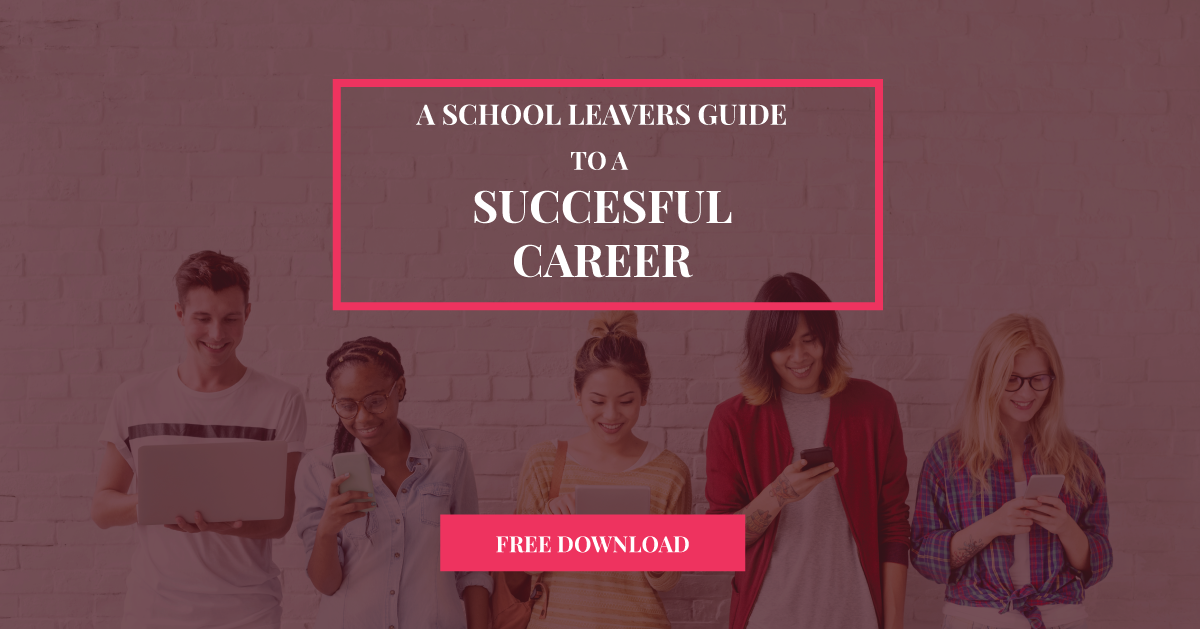The end of high school approaches, and before you even know it — you’re thrown into a cruel world of future dependant decision making. You may feel peer pressure, and if you’re not going to the university — you may also feel very frustrated if most of your friends are.
Don’t allow yourself to feel bad – there’s nothing to worry about. There are many alternative pathways to a successful career of your choice that do not include a university degree. Vocational training and education can lead you far ahead, and even qualify you for university education if that’s your ideal choice.
Instead of feeling bad for missing out, you should properly inform yourself what exactly you will be missing out on when skipping university. Knowing what’s on “the other side” will help you understand how much you actually want it, and lead you towards either easily getting over it or finding the way to reach it.
Without further ado, here’s what you’ll miss out on if you’re not going to university.
Long-Term Commitment
When you opt in for university studies, you commit yourself to at least three years of consistent study to earn a Bachelor Degree. Based on your chosen field of study, you’d have 6 consecutive semesters to go through. Considering the price you’d be paying too — this is a serious commitment, calling for students who are eager to learn, research and write most of their time.
If you cannot imagine dedicating yourself to three consecutive years of serious academic work and development, then you should not regret your decision. You can still learn valuable lessons and gain necessary skills through training, internships and interactive education. When you feel you’re ready, the university will still be there for you.
Academic Approach
In academia, everything is rooted in theory and evidence. When you enrol in academic studies, the accent is not just on ‘how to do it’, but on ‘why do it that way and where it emerged from’. Depending on the field of study, you’ll go through parts of practical education as well — but not before you master the theory behind the practice.
Academic studies require a lot of research, comparative analysis, intertextual interpretations, references, and paper writing. You will be assigned at least 150-200 pages of reading each week, following 2-5 papers per course, a mid-term test, and a final exam.
This further supports the aforementioned claim – you truly have to want academic education in order to enjoy it and be able to dedicate most of your time to it.
If you prefer practical knowledge that is immediately applicable, then vocational education is better choice for you. If you want to start working and get educated on the way, then it’s smarter to commit yourself to a 3 month course than to a 3 year academic study program.
A Bit About Research & Writing…
Academic writing can seriously frustrate freshmen students, even if their main strength at school was creative writing. Why is that?
In high school, you’re thought and trained to develop your own voice, power of perception, and critical opinion. To stimulate creativity, writings usually required storytelling or your opinion about the subject.
In academia, papers are based on facts. You’ll have an essay assigned every now and then, but the focus is put on academic research. What frustrates students is that when it comes to facts, you can’t make up anything new, therefore you rely on already stated facts and theory. But then plagiarism walks in — you can’t simply transcribe what you’ve read elsewhere. You can quote it, of course — but you must elaborate it in your own words.
Although frustrating, it is simply a learning process – you’ll write dozens of papers until you finally get a good grip of it. Then you’ll write a dozen more and realise that you knew nothing back then after the first dozen. If you’re truly into it, you’ll also realise that you’re hooked on writing, and you’ll most likely dedicate at least a couple more years to doing research and perfecting your skills.
How do you feel now — do you still feel like you’re missing out on what you’ve always wanted? Do your friends’ choices make any more or less sense?
The Truth Is…
You may feel like you’ll be missing out on all the fun, partying and adventure, instead of thinking about it education-wise. No matter where you are in life or in the world, you’ll always be able to have fun and make friends.
If you choose vocational education pathway, you’ll still enjoy the campus, fellow students, extracurricular activities, adventures and parties.
If you choose to work, you’ll meet new colleagues, they’ll introduce you to new places, parties, and all the fun you didn’t know existed there.
No matter what you choose to do, you can still hang out with your friends and have fun in your free time.
You Must…
What you really should contemplate upon is whether or not you’ll be sorry to miss out on academic life:
If all of the above sounds tough and strange to you and you cannot imagine yourself dedicated to a serious academic program, then there’s no reason to lament. Practical education may suit your strengths better. Your next step is to decide whether you want to continue education or go straight to work, and then explore further options. Here you’ll find recommended jobs that pay well and require no degree. If you want to pursue alternative education paths, read more about your options here.
If all of the above sounds like a dream come true to you, but you are not eligible to enrol in university at this point, then you can build yourself a pathway to university. Vocational education and training, provided by RTOs (registered training organisations), offers you a pathway to university. If you’d like to learn more about courses that enable university credit transfer and Bachelor Degree studies, reach out to us and we’ll be happy to answer any questions you may have.
Choose Your Own Adventure
It is important you don’t overwhelm yourself with worry or negative thoughts and feelings. Do good research instead and learn more about all your opportunities and options. That will help you understand what you actually want to do now — and there is plenty of time ahead of you to achieve anything you’ve imagined.
You are young, strong, and the best is yet to come. We know you’ll make it. Fingers crossed!


